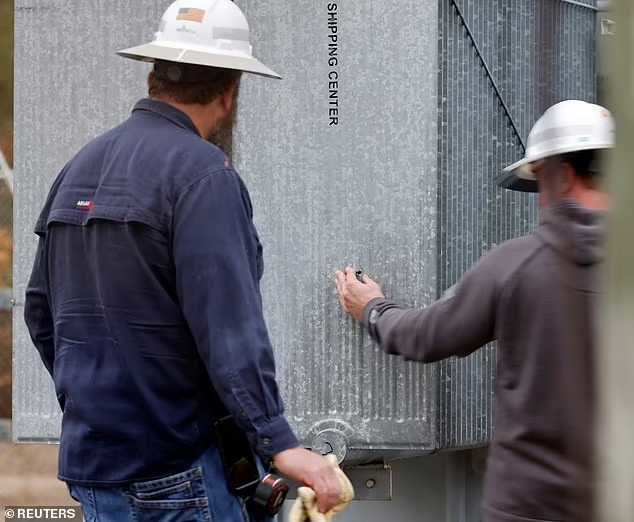We explore real-life reformation here in this informed, online community.
Way back in May 1981, the GAO published a report entitled “Federal Electrical Emergency Preparedness Is Inadequate,” warning that the nation’s electric power systems were “very vulnerable to disruptions from acts of war, sabotage, or terrorism,” and that the “Federal Government is not now prepared to handle a long-term national or regional disruption in electric power.”
Since that time there have been hundreds of effective sabotage attacks on on non critical nodes, killing power to tens of thousands of households at a time. These terror attacks continue at approximately 1.5 per week.
Outside grid security experts and engineers have argued for years that the industry needs to improve physical security standards for critical assets in the country’s electrical grid, motivated in part by a federal study which showed that physical sabotage attacks against only a small number of critical nodes in the grid would be sufficient to cause a prolonged and devastating nationwide blackout, meaning a long-term absence of lighting, internet, functioning gas stations, trucking, refrigeration, grocery store deliveries, drinking water, or water in toilets. How long? Months to years, depending on which nodes are hit by cyber or physical attack.
Yet over the past nine years, the Federal Energy Regulatory Commission has declined to order a fundamental overhaul of an obviously ineffective physical security standard despite numerous formal complaints and petitions. Below: one perfectly placed bullet round killed power to 44,000 in North Carolina.

What is being released right now is not transparency.
It is controlled disclosure.
Fragments.
Selective timing.
Curated narratives.
Carefully engineered confusion.
Enough to distract.
Former DNI General Michael Flynn
“Our problem as Americans is we actually hate history. What we love is nostalgia.’
-- Regie Gibson
“Here’s an uncomfortable truth about the Epstein accusations: We only find them morally reprehensible because of Christianity. Before the spread of Christianity, ‘civilized’ Greek and Roman elites openly flaunted underage s*x slaves. This was normal. Emperor Hadrian built an entire city in honor of his favorite boy… If you undercut the moral foundations of Christianity from the West, culture reverts back to pagan norms.”
–Paul Anleitner












